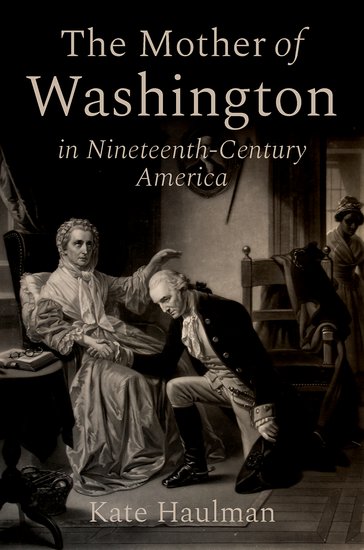You write that your book is “a biography of sorts that begins in death.” What do you mean by that?
When someone dies, the memory of that person often lives on—not always, but often. We know this is true in private life and families, as people remember loved ones through stories and objects that are passed down. For some figures in history, usually powerful men, there’s also a public memory fashioned through stories, ceremonies, objects and monuments.
In Mary’s case, there was a private memory in her family in terms of which objects and enslaved persons she bequeathed. But also, because she was Washington’s mother, there was a public memory, though it was not very robust, at least initially after she died. The idea of the “Mother of Washington” had to be created, just like the monument. I was interested in how that happened: what was remembered and carried forward, by whom, when, for what purposes and how that changed over time. Also, what was “forgotten” about her and why?
What should readers know about Mary’s life?
Mary was born in the early 18th century to a family that was part of the landholding elite in the northern neck of Virginia—not as powerful or wealthy as other areas of the colony, but an established area.
Her marriage to Augustine Washington in 1731 was a good match for both, uniting two families and property, which allowed them to purchase more property. They were enslavers and created their life on the outskirts of Fredericksburg, on land that later became known as Ferry Farm. Augustine was married before and had two sons by the first marriage, so Mary became a stepmother.
Augustine died in 1743. Mary never remarried, which was somewhat unusual for the 18th century. There are a couple of ways to read this. It could have been to protect her children’s inheritance. It also might have been to safeguard her independence as a woman. She was, of course, still dependent on her eldest son, who inherited Ferry Farm, to remain there. In the 1770s, Washington moved her to a house in Fredericksburg to be near his sister Betty.
We don’t have too much of Mary’s own voice, but we know she refused offers to live with family. She was a strong-minded, strong-willed woman who, although not wealthy, benefitted from the labor of enslaved people, which underpinned the independence she cherished.
